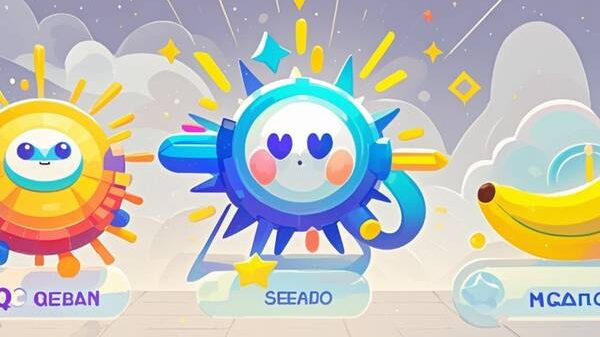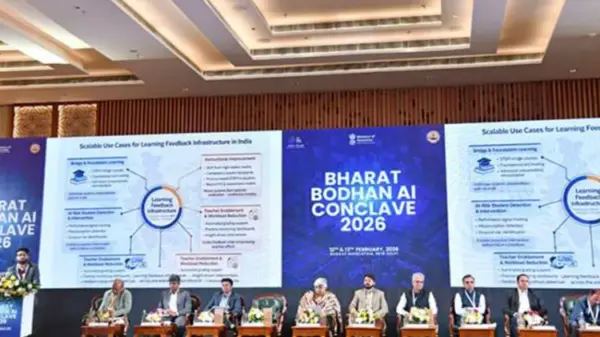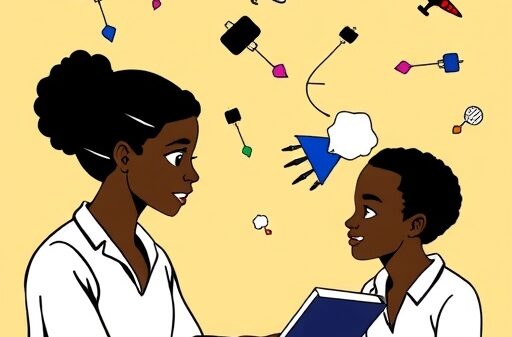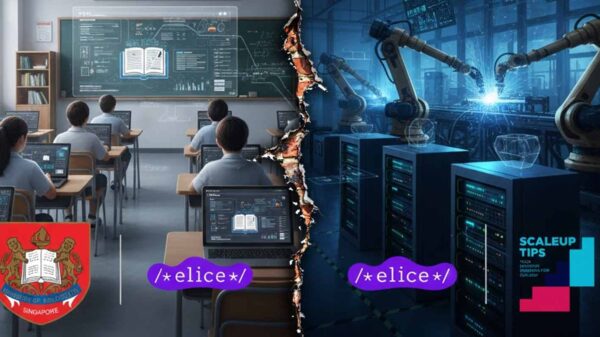Ghana’s Ministry of Education is embarking on a groundbreaking journey to transform the landscape of education through artificial intelligence (AI), emphasizing a locally driven approach that resonates with the unique context of African education. This initiative is being led by the National Council for Curriculum and Assessment (NaCCA), which is responsible for curriculum development and quality assurance across the country.
In October 2024, NaCCA unveiled a new Senior High School (SHS) curriculum that prioritizes 21st-century skills, character development, and Ghanaian values, moving away from traditional rote memorization methods. This curriculum marks a significant milestone as it aims to instill national pride in students while preparing them to contribute meaningfully to the nation’s development.
However, the ambitious curriculum overhaul poses a formidable challenge: training 68,000 teachers to effectively deliver this new educational framework to approximately 1.4 million students. To tackle this, the Ministry has crafted a strategic plan that merges local leadership with global partnerships.
Collaboration with organizations such as Playlab.ai, a US-based nonprofit, Transforming Teaching, Education & Learning (T-TEL), and the Mastercard Foundation has allowed the Ministry to develop AI-powered tools specifically tailored to Ghana’s educational needs. Additional support from Amazon Web Services (AWS) and Anthropic has subsidized AI usage costs, ensuring that teachers can access these tools at no charge.
This initiative is characterized as a story of Ghanaian ownership, where AI amplifies the skills of teachers and aligns with national values and aspirations. A team of Ghanaian curriculum experts has developed each Subject Specific App, embedding local culture and educational philosophy into the tools.
Rigorous Testing Protocols
The Ministry of Education has committed to rigorous quality assurance processes to ensure the reliability of the AI apps. A comprehensive four-phase testing protocol is employed:
- Technical Accuracy Review: This phase verifies that the outputs of the AI apps align with curriculum standards, requiring at least 80% accuracy across 20 consecutive tests.
- Educational Quality Review: Curriculum writers assess the educational value of the materials, focusing on their pedagogical impact.
- User Experience Review: Teachers in pilot schools evaluate the functionality and usability of the apps in real classroom settings.
- Regional Testing: This phase assesses both infrastructure and operational readiness across 40 schools.
This methodical approach builds trust in the technology, ensuring only dependable tools are integrated into classrooms.
Seamless Integration into Existing Frameworks
A standout feature of Ghana’s strategy is the seamless integration of AI tools into existing educational systems. Unlike generic solutions, the apps are built on locally developed resources, including teacher guides and materials that reflect national values and gender equality frameworks. This tailored approach enables teachers to create lesson plans and assessments more efficiently, ensuring alignment with Ghanaian learners’ needs.
The rollout of these AI tools is complemented by Ghana’s existing professional learning architecture. Weekly Professional Learning Community (PLC) sessions, initiated by the Ghana Education Service (GES) in May 2023, provide platforms for collaboration and training among the 68,000 SHS teachers. With 84% attendance, these meetings serve as an optimal environment for introducing AI tools. GES is utilizing these sessions to train teachers on app usage and gather feedback effectively.
By providing QR codes linked to resources in PLC handbooks, access to curriculum materials has become more user-friendly.
Positive Early Results
As of July 2025, the initial phase of app development trained 29 NaCCA staff members to build Subject-Specific Apps. These tools were subsequently tested by 71 teachers across more than 30 subjects, yielding overwhelmingly positive feedback: 95% reported that lesson planning became significantly faster, 99% found no content errors, and 93% expressed satisfaction, indicating a desire to continue using the apps beyond the PLC sessions. One teacher remarked, “For the first time, I feel equipped to deliver the curriculum as intended. The app doesn’t replace my expertise; it amplifies it.”
As Ghana prepares for a national rollout in October 2025, other African nations, including Sierra Leone, Kenya, and Rwanda, have shown interest in adopting similar models, recognizing the potential to address shared challenges in education.
Ghana’s initiative exemplifies a scalable, cost-effective, and sustainable framework, proving that AI can be ethically deployed while respecting local contexts. The blueprint developed here may well lay the foundation for a transformative educational shift across the continent.
Prof. Bekoe, the Director General of NaCCA, stated, “NaCCA, together with the Ministry of Education, is collaborating with various AI initiatives to develop more apps that will enhance teaching and learning in our schools.” As Ghana continues to pave the way, it invites interested EdTech companies to engage with NaCCA for guidelines and approvals.
See also 57% of Special Educators Use AI for IEPs, Raising Legal and Ethical Concerns
57% of Special Educators Use AI for IEPs, Raising Legal and Ethical Concerns Lingnan University and The University of Sydney Urge Overhaul of Education for AI Era
Lingnan University and The University of Sydney Urge Overhaul of Education for AI Era Lingnan University and University of Sydney Urge Urgent Education Reform for AI Era
Lingnan University and University of Sydney Urge Urgent Education Reform for AI Era Winthrop University Launches SC’s First AI Major Amid Ongoing Industry Debate
Winthrop University Launches SC’s First AI Major Amid Ongoing Industry Debate Oxford Professor Reveals 3 Essential Ways Schools Can Shape AI Literacy for Students
Oxford Professor Reveals 3 Essential Ways Schools Can Shape AI Literacy for Students











































































